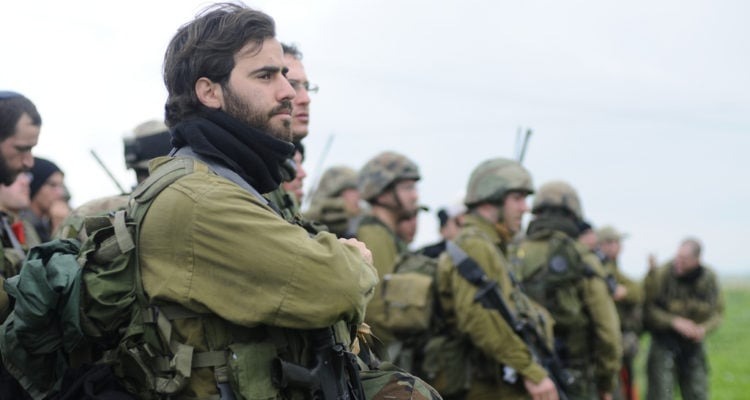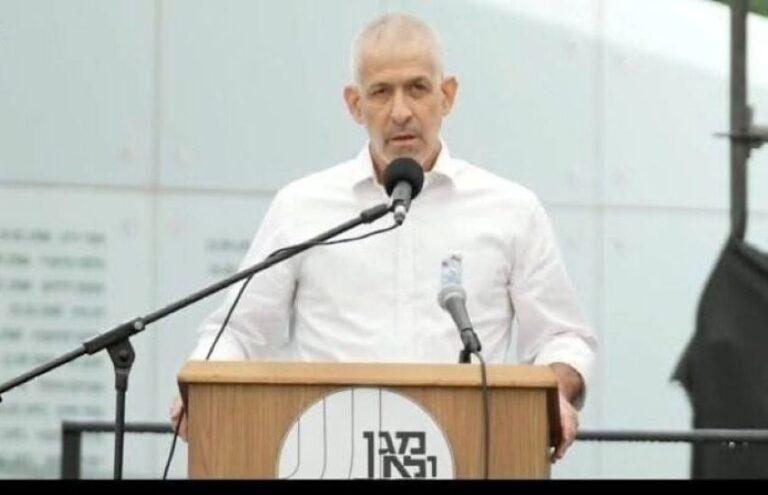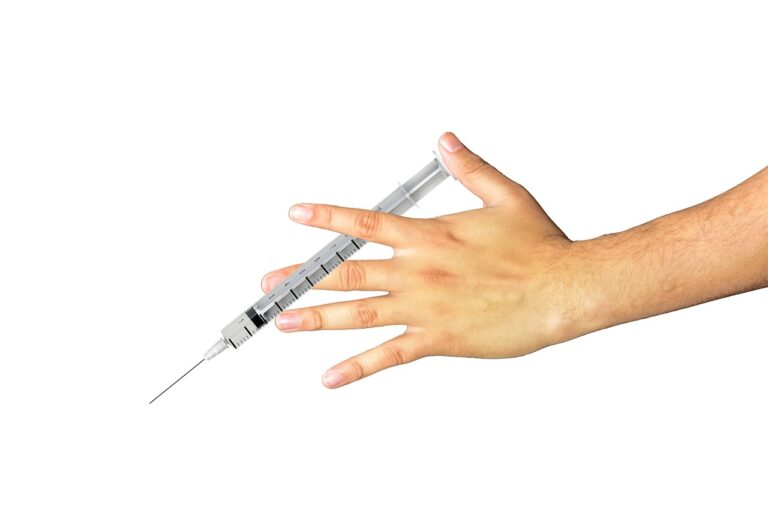Emergency crews around hurricane-scarred Florida worked Thursday to make sure elderly residents were safe after eight people died in a sweltering nursing home that lost air conditioning in the storm and multiple other facilities were evacuated.
In one of the latest actions to protect older people, residents of a 100-bed suburban Fort Lauderdale assisted-living facility without power were moved to two nearby homes. Elsewhere, facilities lacking electricity tried to keep residents cool with dampened cloths and urged utilities to work quickly.
Stepped-up safety checks came after the deaths at the Rehabilitation Center at Hollywood Hills, which shocked Florida’s top leaders as they surveyed destruction from a storm that spread its punishing effects across the entire state.
“Unfathomable,” Gov. Rick Scott said of the nursing home deaths. “Inexcusable,” U.S. Sen. Bill Nelson added.
Around the state, 81 nursing homes lacked electricity as of Wednesday night, according to the Florida Health Care Association.
In Coral Gables, an apartment building was evacuated after authorities said its lack of power made it unsafe for elderly tenants. At the 15,000-resident Century Village retirement community in Pembroke Pines, where there were also widespread outages, rescue workers went door to door in the 94-degree heat checking on residents and bringing ice, water and meals.
Near Orlando, firefighters helped relocate 122 people late Wednesday from two assisted-living centers that had been without power since Hurricane Irma hit.
For older people living on their own, such as 94-year-old Mary Dellaratta, getting help can depend on the attentiveness of neighbors, family and local authorities. The widow evacuated her Naples condominium with the help of police the day before the storm hit. After the hurricane passed, a deputy took her back home and another brought her food. A deacon from her Roman Catholic church has also stopped by.
But with no family in the area and neighbors who are gone or unwilling to help, the New York native feels cut off from the world.
“I have nobody,” she said.
The electricity is out in her condo, so there’s no television for news. She also can’t raise the electric-powered hurricane shutters that cover her kitchen windows.
Near the point of despair, remembering to take her medicine or locating her cane are almost insurmountable challenges.
“I don’t know what to do. How am I going to last here?” she said, as a tear rolled down her cheek.
Though the number of people with electricity had improved from earlier in the week, some 4.9 million people across the peninsula continued to wait for power, and utility officials warned it could take a week or more for all areas to be back up and running.
As recovery continues, President Donald Trump was due to visit Naples in southwestern Florida on Thursday.
Including the nursing home deaths, at least 25 people in Florida have died under Irma-related circumstances, and six more in South Carolina and Georgia, many of them well after the storm had passed. The death toll across the Caribbean stood at 38.
In Hollywood, the Rehabilitation Center said the hurricane had knocked out a transformer that powered the air conditioning. Broward County said the home alerted officials Tuesday that it had lost power, but when asked if it had any medical needs or emergencies, it did not request help.
After responding to three calls about patients there in distress, firefighters went through the facility early Wednesday and found three people dead and evacuated 145 patients to hospitals, many on stretchers or in wheelchairs, authorities said.
By that afternoon, five more had died. Others were treated for dehydration, breathing difficulties and other heat-related problems.
Hollywood Police Chief Tom Sanchez said investigators believe the deaths at the Rehabilitation Center were heat-related and that a criminal investigation has been launched. The chief said authorities have not ruled anything out in the deaths, including carbon monoxide poisoning from generators. Authorities performed safety checks on other facilities around the city Wednesday.
Detectives were at the home investigating Thursday after receiving a search warrant, the police department said.
Glendale Owens, the daughter of one of the men who died, said she visited her father in the nursing home Monday and everything seemed fine. She said Bobby Owens had been at the facility for more than 10 years.
“People are telling me different things,” she said Wednesday evening. “But nobody from the facility has told me anything yet.”
Paulburn Bogle, a member of the housekeeping staff, said after the air conditioning failed, the staff used fans, put cold towels and ice on patients and gave them cold drinks. The medical examiner’s office said the victims were five women and three men, ages 70 to 99.
Calls to the owner and other officials at the Hollywood home were not immediately returned, but the facility’s administrator, Jorge Carballo, said in a statement that it was cooperating fully with authorities.
The governor said he’s directed state officials to issue an emergency moratorium to prevent the facility from admitting new patients.
Nursing homes in Florida are required by law to file an emergency plan that includes evacuation plans for residents. County officials released documents showing that the Hollywood facility was in compliance with that regulation and that it held a hurricane drill with its staff in October.
At another assisted-living facility near Miami, the manager said the building lost power Tuesday morning, well after the hurricane had passed. Residents had been temporarily evacuated when the storm lashed South Florida, but they came back around the time the electricity went out.
Anne Richards, who manages Sunny Hills Assisted Living Community in Homestead, said she is asking relatives of the facility’s 97 elderly residents if they can come take their loved ones someplace cooler. Her main concern is air conditioning.
In the dining hall on Wednesday, staff members were pressing cold rags on patients’ shoulders and necks. Temperatures were in the high 80s Wednesday and Thursday.
“We need the power restored,” Richards said. “We can’t keep on like this.”
Resident Barbara Bernstein, 83, said it’s difficult to walk in the dark to the restroom using a flashlight, but most of all, she wants air conditioning back.
“It’s very, very hot here,” she said. “And there are so many older people here with different physical problems that I think they should make this a priority to get the power back.”
(AP)











